A recent report by the Kauffman Foundation and the Young Invincibles validates that the entrepreneurial spirit among millennials is strong. However, the current state of the economy has undermined this entrepreneurial spirit. Lacking capital is the foremost hurdle we see that hinders a boom in entrepreneurship by millennials. More than 50 percent of respondents said they would like to start their own business; 38 percent, however, said they’d delayed starting a business due to the economy.
The main concern was access to capital, as we see 41 percent stated they were not eligible for the credit required to start a business. Millennials, indeed inclined towards entrepreneurship, need help from the local community to harness their potentials. Looking into some of the opportunities, local community to harness their potentials. Looking into some of the opportunities, local community banks can provide microcredits for millennial businesses using academic institutions, incubators, and lenders to determine eligibility and selection criteria. This approach has played an important part in empowering youth around the world. In addition, the state can offer loans and grant programs directly to entrepreneurs to use tax revenue to stimulate business activity.
Another way is to fund programs and agencies like the Small Business Administration, which assist startup entrepreneurs. Finally, if we talk about the state role, the US government could look into the issue of access to capital by supporting a subset of small business loans geared towards young people. A decent credit score, adequate equity investment by borrowers, and collateral assets, as required by current rules, are challenging standards for young people, especially those with high debt levels.
A small Business Administration’s loan program, helping millennials, could provide small loan amounts over shorter periods, extenuating the risks involved with default. Then, depending upon successful payment and completion of financial literacy courses, they can renew loans for more significant amounts. A similar program would help Millennials build encouraging credit over some time, at which point they could evolve to a traditional small business loan.
